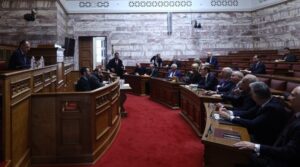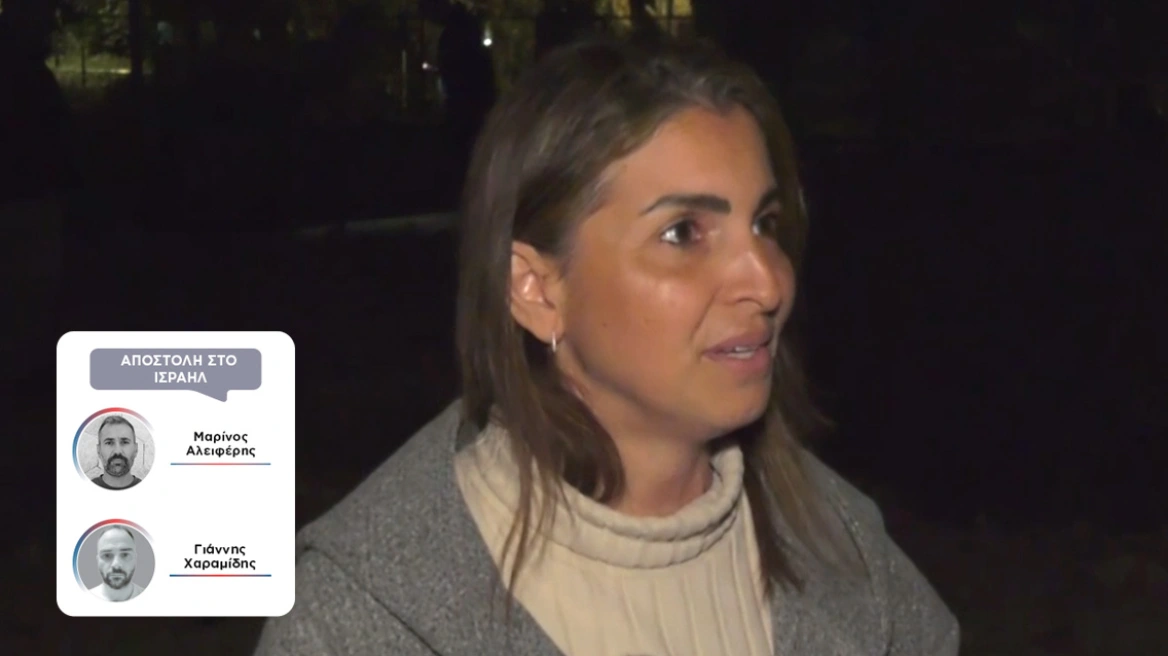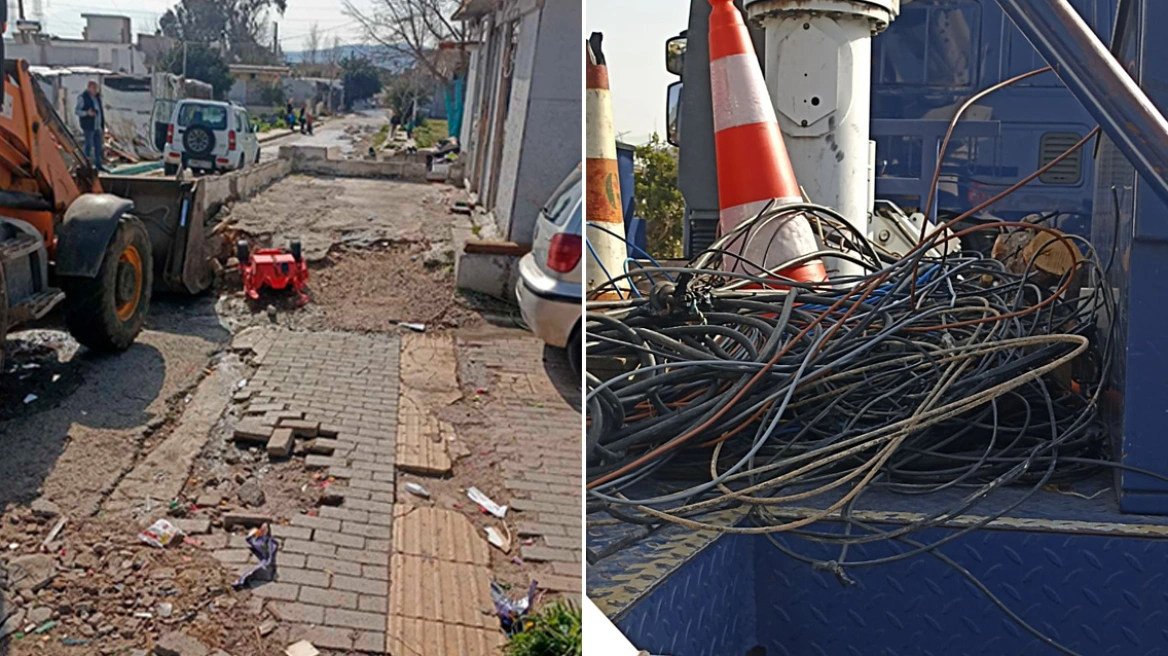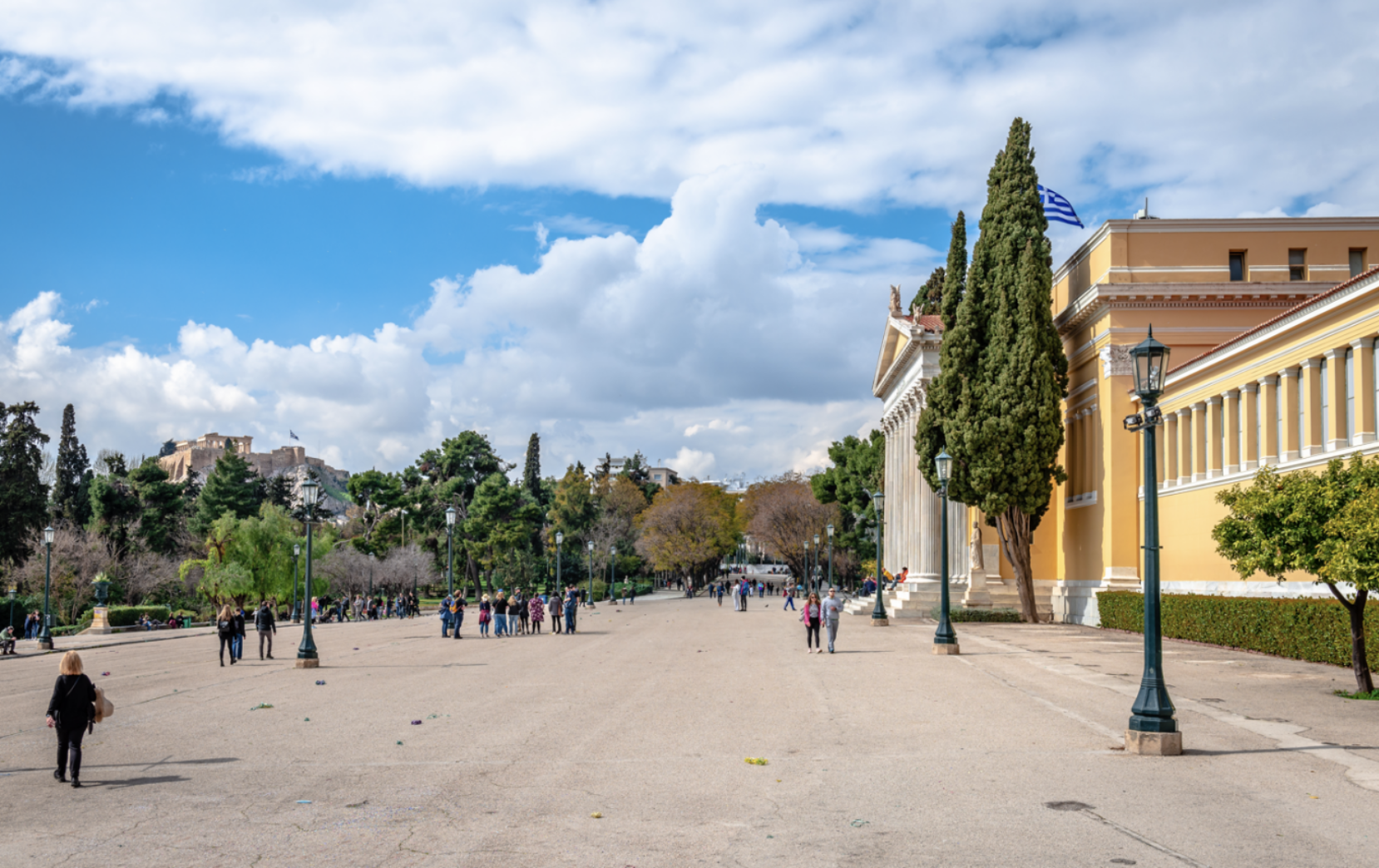The ongoing developments in national matters, particularly the Greek-Turkish dialogue, are impacting the domestic political scene. For weeks, the government has been trying to dismiss rumors of “imminent national concessions,” even though discussions haven’t yet reached a substantial stage.
Despite the government’s constant denials, the issue is still a topic of conversation among the New Democracy (ND) MPs. However, they have largely refrained from raising questions about national issues, even after the initial stir caused by the “11” initiative. That could change soon, as the MPs now have an upcoming meeting with Foreign Minister Giorgos Gerapetritis, who will brief them on these issues. This briefing will take place next Tuesday at 5 p.m. in the Senate chamber, focusing on foreign affairs and defense. The meeting mirrors recent informal gatherings where ministers have met with MPs, but this one carries greater weight due to the seriousness of the topics at hand.
Mr. Gerapetritis, working with Secretary of the ND Parliamentary Group Stavros Kalafatis, has scheduled the meeting to address the concerns of key MPs, including figures like Evripidis Stylianides, Nikitas Kaklamanis, and Miltos Chrysomallis, a close ally of former Prime Minister Antonis Samaras. Gerapetritis recently reaffirmed Greece’s commitment to maintaining its sovereignty and the right to extend territorial waters to 12 nautical miles, while emphasizing that the current stage of the Greek-Turkish dialogue is still exploratory, with no agreements in place.
Samaras’ Criticism and Maximou’s Reaction
Amidst these sensitive negotiations, former Prime Minister Antonis Samaras made a sharp public statement from Cyprus, further straining the relationship between him and the government. It is becoming increasingly clear that Samaras is distancing himself from the administration, and despite the government’s efforts to downplay his remarks, there is evident frustration over his stance.
Officially, the Prime Minister’s office has refrained from commenting on Samaras’ criticisms, citing his right as a former leader to express his views. Government spokesperson Pavlos Marinakis is expected to follow this line in today’s briefing. However, behind the scenes, officials found it unprecedented for Samaras to raise concerns about supposed “secret deals” on the Cyprus issue and the Aegean, rumors that have been formally denied. Some even questioned whether Samaras was indirectly warning Cypriot President Nikos Christodoulides about potential backtracking, given that he made these remarks during an award presentation for his wife.
Former Immigration Minister Dimitris Kairidis also weighed in, noting that while populism in foreign policy is problematic, Samaras’ positions are well-argued, even if he disagrees.
The big question remains: what is Samaras’ endgame, and how far will he push this dissent? As he still holds a seat in parliament, it remains unclear how this tension will play out over the coming months, especially since communication channels between Samaras and the government appear to have broken down.
Ask me anything
Explore related questions





